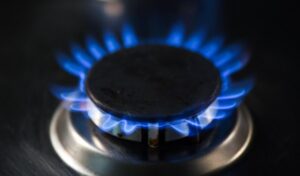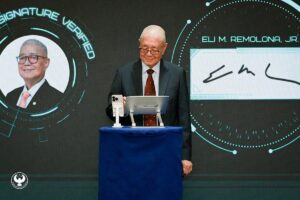
Development organization IBON Foundation has criticized the P64 daily food poverty threshold set by the National Economic and Development Authority (NEDA), calling it a severe underestimation of the real poverty threshold in the Philippines. IBON argues that this low figure misrepresents the true extent of poverty in the country and underreports the number of people living in poverty.
The Philippine Statistics Authority (PSA) defines the poverty threshold as the average amount a family of five needs to meet their minimum basic food and non-food requirements. The food threshold is the portion of this amount allocated specifically for food.
NEDA’s current calculation places the food threshold at P64 per person per day, which amounts to P21.33 per meal. IBON Executive Director Sonny Africa criticized this figure, arguing that it leads to an underestimation of poverty levels and undermines efforts to address the issue.
Africa emphasized the need for a more realistic calculation of the food poverty threshold, which would, in turn, support more ambitious and effective poverty reduction strategies. He pointed out the discrepancy between official poverty figures and self-rated poverty, which is often higher, as reported by surveys like those conducted by the Social Weather Stations (SWS).
IBON’s Calculations
According to IBON Foundation, the realistic food poverty threshold should be at least P90 per person per day, considering inflation and the current spending patterns of the poorest Filipino families. This figure was derived from recalculated Family Living Wage Estimates from 2008, adjusted for current prices.
Africa criticized the PSA’s method of computing the poverty threshold as “mechanical,” arguing that it fails to consider the actual cost of living, including expenses for rent, utilities, transportation, and education. He called for a more nuanced approach that reflects the varied costs across different regions and the real expenses faced by Filipino families.
Criticism of the P64 Threshold
NEDA’s P64 threshold has faced widespread criticism. The National Nutrition Council highlighted that P64 per day would not provide enough energy and nutrients for an individual. Additionally, groups like Pamalakaya and Bagong Alyansang Makabayan (Bayan) labeled the threshold as unrealistic, accusing the government of setting the figure low to justify low wages.
Africa also pointed out that the “least cost” method used by the PSA to compute the threshold does not reflect the reality for most Filipinos, who may not have access to the cheapest markets or food options. He also noted the lack of variety in the food considered in the calculation, which affects the overall quality of life.
Call for Revisions
Africa suggested scrapping the P64 threshold and adopting a figure that considers more realistic spending patterns and current food prices across the country. He argued that a food poverty threshold of at least P90 would be more accurate, although the actual figure could be higher depending on the region and other factors.
Former NEDA Chief Ernesto Pernia also acknowledged during a hearing that the poverty threshold is due for a review, noting that it was last set over a decade ago and may no longer reflect the current economic conditions.
Despite these criticisms, the Department of Trade and Industry defended the P64 threshold and even provided a list of food items that could fit within this budget, including canned sardines, pandesal, instant noodles, and three-in-one coffee.





















Comments are closed for this article!